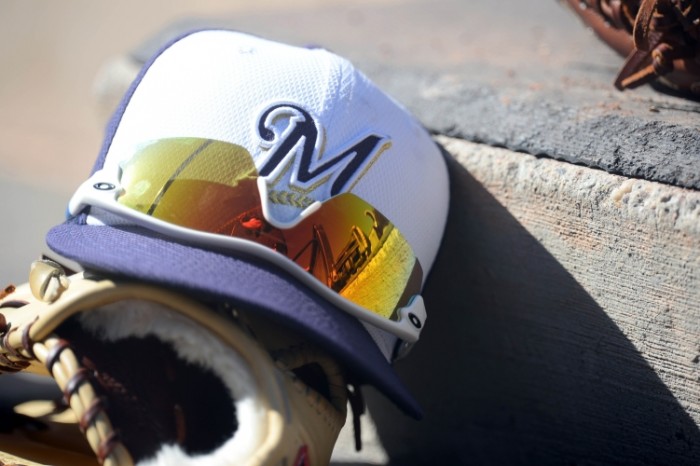As Brewers fans and Cubs fans alike hail the coming inevitability, as the Cubs destroyed an easy stretch of their schedule as the Brewers face the surging Pirates, it’s important to take a look at the full context of the division. It is worth noting, of course, despite the bullpen’s inability to hold several leads and tie games after the All-Star Break, in general Milwaukee continues to proceed with notably better than average pitching. Instead, the volatile bats have once again gone quiet, ceding the team lead to the pitching once again.
How will the division progress? In the following standings, I’ve compared the competitive NL Central teams’ 162-game W-L pace and their average W-L thus far. Alongside those comparisons, I’ve placed each club’s 162-game RS/RA pace, as well as their average RS/RA pace thus far. With these statistics compiled, I added a “Pace” statistic that tracks the team’s average W-L versus their average RS/RA pace. This should track, on a game by game basis, the extent to which a club is overplaying or underplaying their run differential (or, comparing wins with underlying “true” performance to actual wins).
| 2017 NL Central | 162W | AvgW | RS/RA_W | RS/RA_Avg | Pace |
|---|---|---|---|---|---|
| Brewers | 86.85 | 81.44 | 89.03 | 86.79 | -5.35 |
| Cubs | 84.45 | 84.20 | 84.54 | 85.33 | -1.13 |
| Cardinals | 79.28 | 76.47 | 83.52 | 77.15 | -0.69 |
| Pirates | 80.15 | 70.81 | 77.72 | 69.28 | 1.63 |
By average pace, the Cubs lead the division with 84, but the Brewers continue to lead with their average run differential. Brewers fans should note that the Milwaukee Nine have underplaying their run differential more than any other NL Central contender thus far. This should thwart any narrative about a collapse; indeed, there is a sense that the Brewers have hardly seen their best baseball (in terms of RS/RA) match their record (in terms of actual wins).
The division is going to have a tight race, and there remains a low threshold to winning the division thus far. This arguably complicates questions about how the Brewers should proceed at the deadline: on the one hand, the club continues to have talent under reserve to win approximately 85 or 86 games. But, one must question whether the Cubs’ upward trend will surpass that level of wins. Moreover, the Brewers and Cubs may both regress to their run differential, with the major difference here being the Cubs’ regression is slightly upwards and the Brewers slightly downwards.
